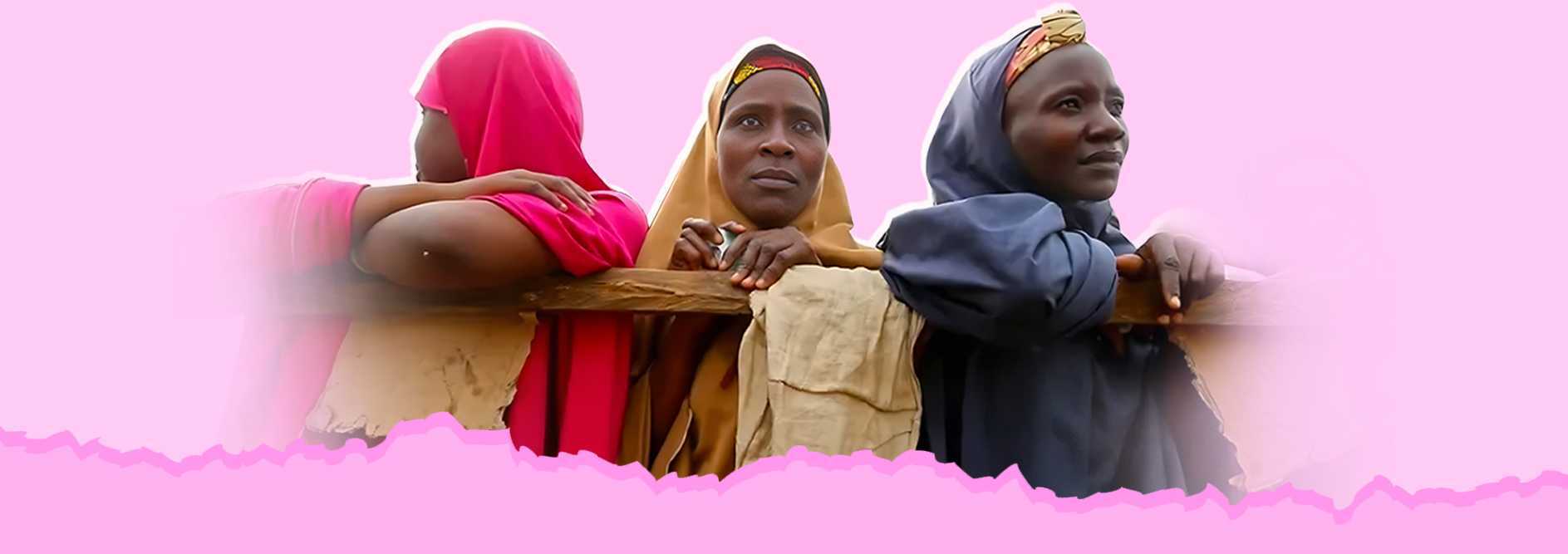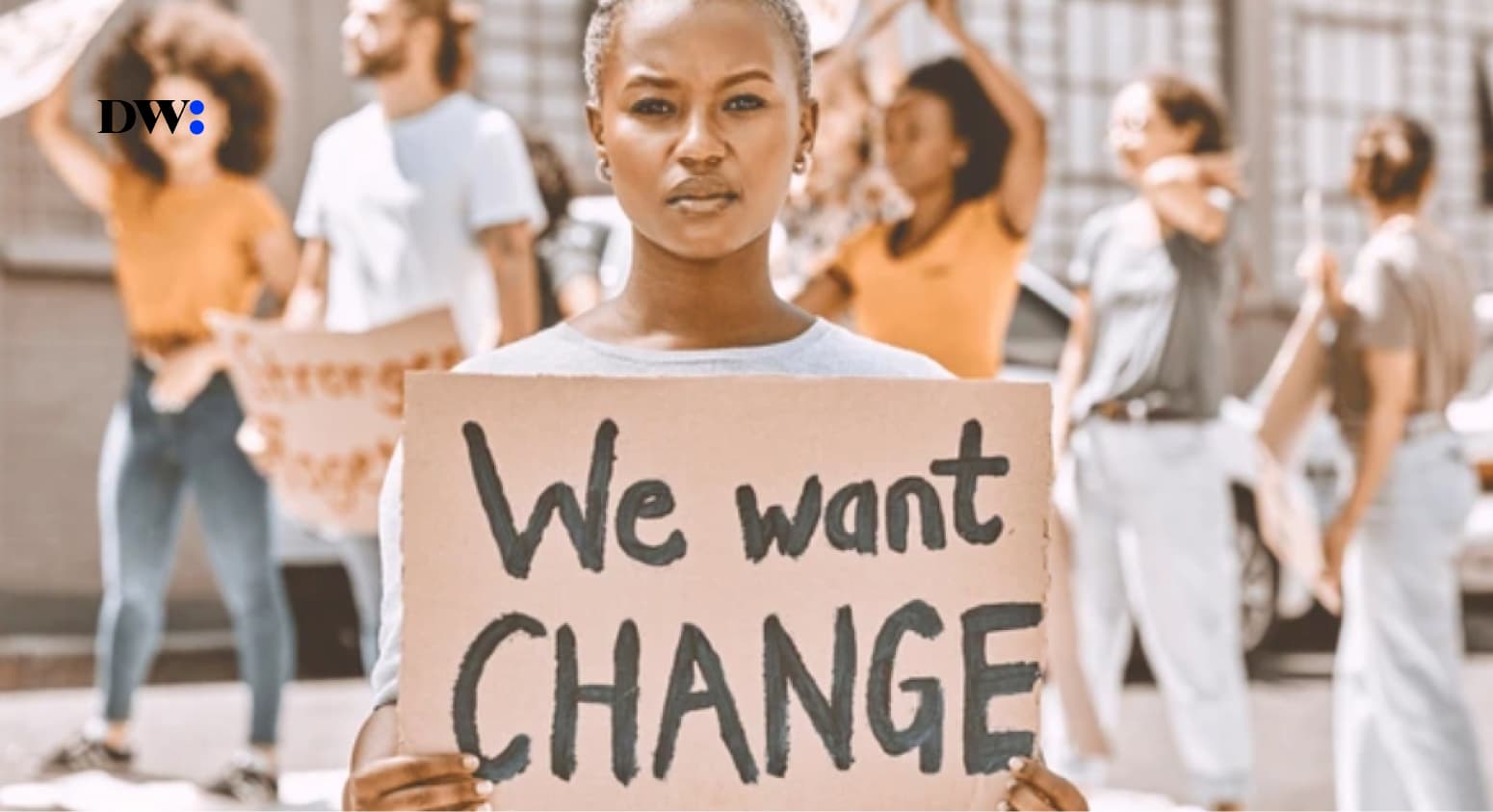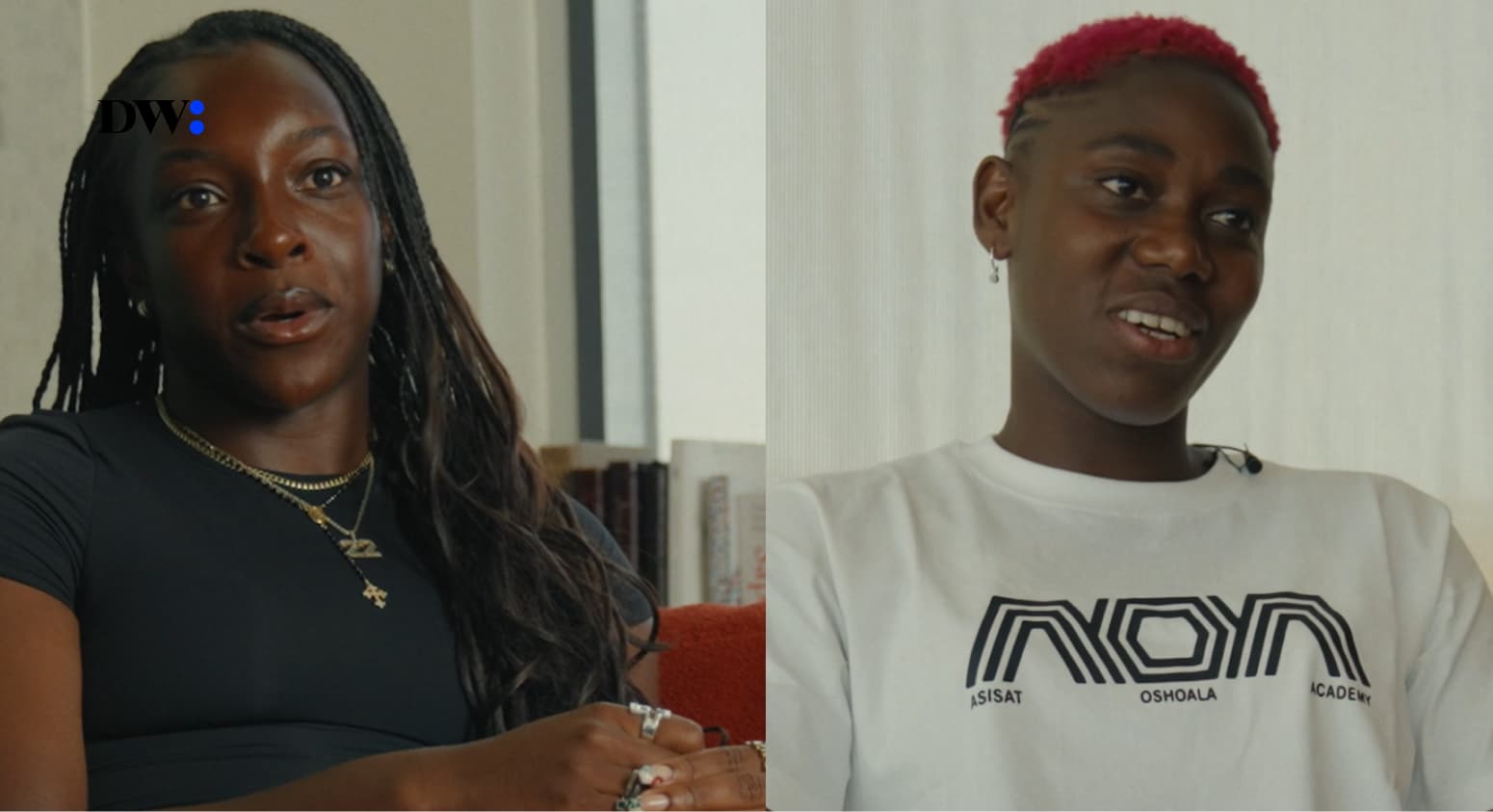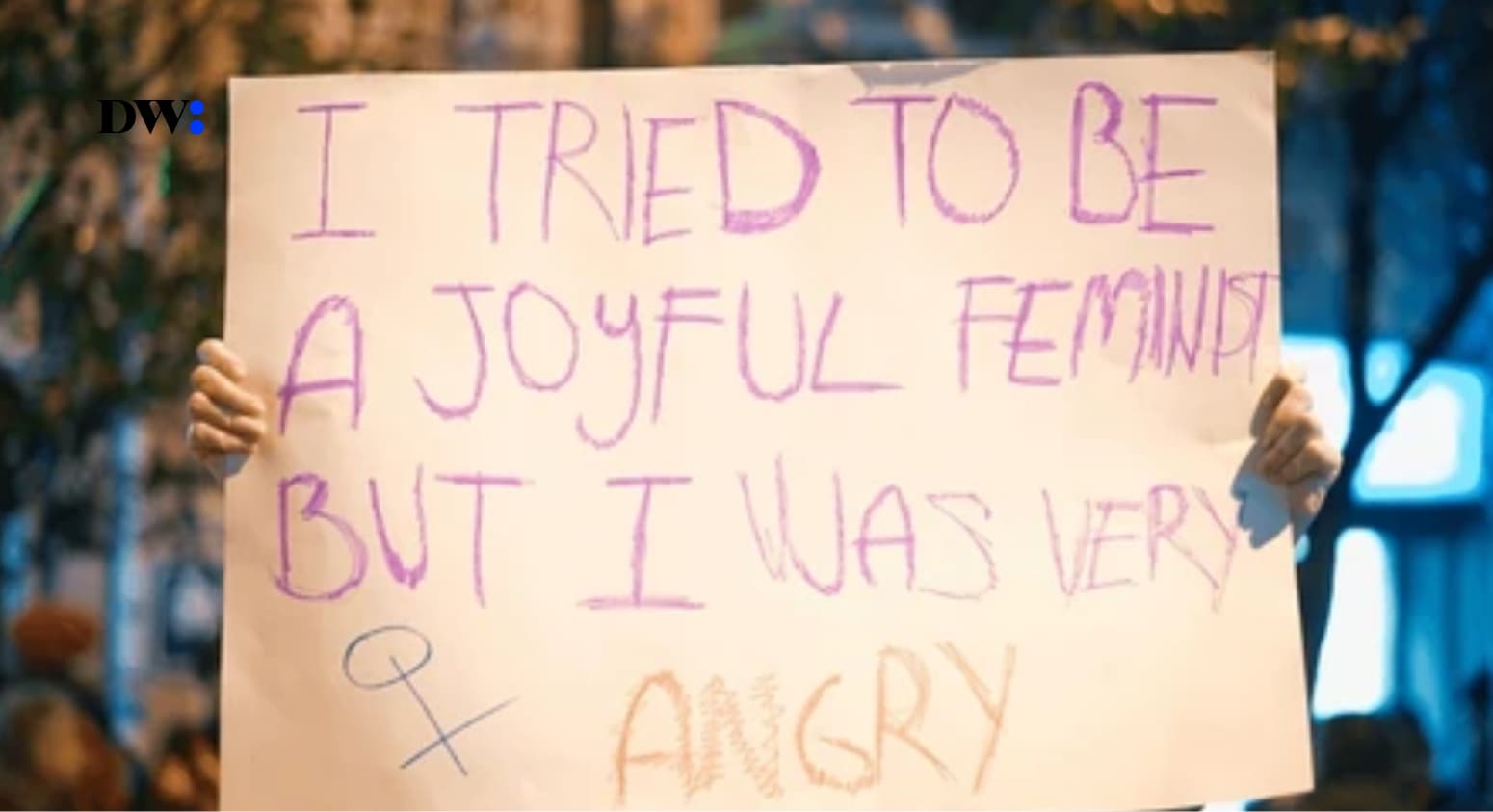It’s hard to imagine that women in Northern Nigeria were not allowed to vote until after the civil war. It’s hard to imagine other women in Nigeria going out to vote while their counterparts up North sat at home and waited for the results to be announced.
Northern Nigeria has just as many female voters as the south. In Nigeria’s modern democracy, the voter registration for the 2023 election shows almost the same number of female voters in both regions and female voter turnout throughout the years has progressively gotten better compared to the women in political offices.
Though women of the South and Eastern regions of Nigeria gained their voting rights in 1954, women of Northern Nigeria earned their right to vote in 1979. For the first 25 years of Nigeria’s formation as a sovereign state, they were also not a part of the Election that brought about Nigeria’s first democratically elected government after colonisation.
The first elections Northern Nigerian women voted in were the 1985 presidential elections. It is difficult to determine the number of women who came out to vote, but when we deduce from the statistics of voter registration from 1999 that the female voter turnout from the region was not as much as it is now.
While data on collected Permanent Voter Cards (PVC) for the 2019 elections was not broken down by gender, available voter turnout data from the 2015 presidential election shows that homemakers were the third highest of the nine voting groups.
In the 2015 presidential election, 3,667,076 housewives voted, trailing only students (4,480,708) and civil servants (4,480,708). (4,628,433). We can deduce from these numbers that female voter turnout was much less than the number of women in Nigeria at the time. When we remove the number of Northern Nigerian women, it is less than the number of women in the region.
The factors influencing the gap in female voter turnout in Northern Nigeria from the 1990s to the most recent elections can be merged with the causes of the lack of female representation in politics. But to accurately determine the reasons, we must be careful not to examine the North as a monolith.
There are various ethnic and religious groups within the North. Female participation in politics and voter turnout is more in North Central states than in the Northwest and Northeast zones.
In the Northeast, Terrorism and insecurity can be listed as reasons for female voter apathy. For the Northwest, cultural and religious beliefs might be reasons behind the low female participation in politics.
We spoke with Nana Sule, a journalist about the disparity between Female voters and Female politicians in the region and asked about the possible reasons behind this disparity.
“There’s the twisted belief that women shouldn’t ‘rule’ others. That they shouldn’t be appointed rulers or their Followers would be cursed or something like that. Then there’s society; where the expectation is that a woman stays at home. In fact, simple things like sitting in front of a car when travelling is still an issue in core northern states.”





